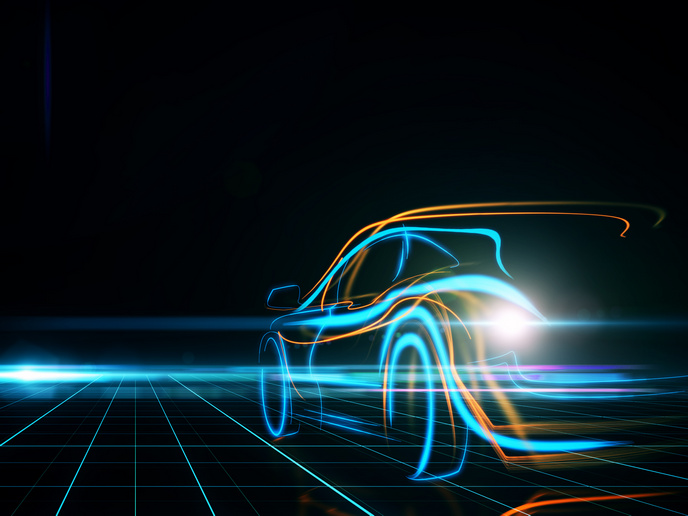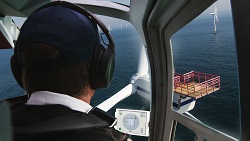Advanced algorithms improve electric vehicle efficiency
In order to reach the EU’s ambitious goal of climate neutrality by 2050, many new electric vehicles (EVs) will be hitting the road in coming years. The EU-funded UPSCALE(opens in new window) project facilitated this development by designing AI software that improves the speed of simulated safety and performance tests.
Advancement through algorithms
Testing the performance of automobiles has long relied on the resolution of physics problems. This work can be time-consuming and tedious, and some problems are not feasibly solved using these methods. High-performance computing (HPC) and computer-assisted engineering (CAE) are growing fields essential to automotive development. Academic studies show that advances in machine learning(opens in new window), an application of AI, can improve automotive testing and thereby substitute physics-driven solutions for data-driven ones. The UPSCALE team was inspired to apply machine learning in an industrial context and developed algorithms and processes from scratch. In the context of crash simulations and aerodynamics, Enric Aramburu, the technical coordinator for the project, states: “The UPSCALE project has demonstrated the feasibility of substituting physics-driven solvers with data-driven solvers, reducing simulation times by 3 orders of magnitude, while keeping the accuracy rate over 98 %.” Project work took place across three phases. The first involved defining and implementing machine learning frameworks for different applications. Next, researchers developed data sets and machine learning training at proof-of-concept level. Finally, the team applied simulation tools to real industrial situations.
Essential case studies
To advance project objectives, researchers selected two case studies to investigate: crash modelling and aero-thermal modelling. Both types of modelling already use high levels of HPC, making them strong candidates for incorporating machine learning software. Crash tests are essential for determining vehicle safety, and for EVs in particular they provide essential information about battery performance. Aero-thermal tests help determine the efficiency of a vehicle, enabling longer range and reduced environmental impact. One of the project’s main achievements was developing reduced order modelling(opens in new window) (ROM) for both case studies. In particular, the ROM of battery performance is groundbreaking and allows for the rapid assessment of all battery cells in the vehicle. The team also used 3D autoencoder(opens in new window) methods to reduce exterior auto designs to 20 parameters. This allowed for aerodynamic modelling of vehicles of any shape. The project’s simulation software reduced time spent in vehicle development, which will ultimately put EVs on the road faster. Many of the simulation tools developed by UPSCALE are market-ready, and the consortium has received feedback from end users, including three vehicle original equipment manufacturers. With these positive outcomes, the application of machine learning is here to stay. As researchers work to advance the efficacy of simulation tools, improved prediction in scenarios that diverge from training data sets and reducing the need for extensive data set training are important goals. According to Aramburu, “next steps should focus on developing more efficient solutions that need less training effort and can predict non-seen use cases as well.” The world is changing fast. Environmental challenges are critical, and technology is advancing at a dizzying pace. UPSCALE, with its innovative applications of machine learning software to the development of EVs, has helped ensure the automotive industry can keep up.







